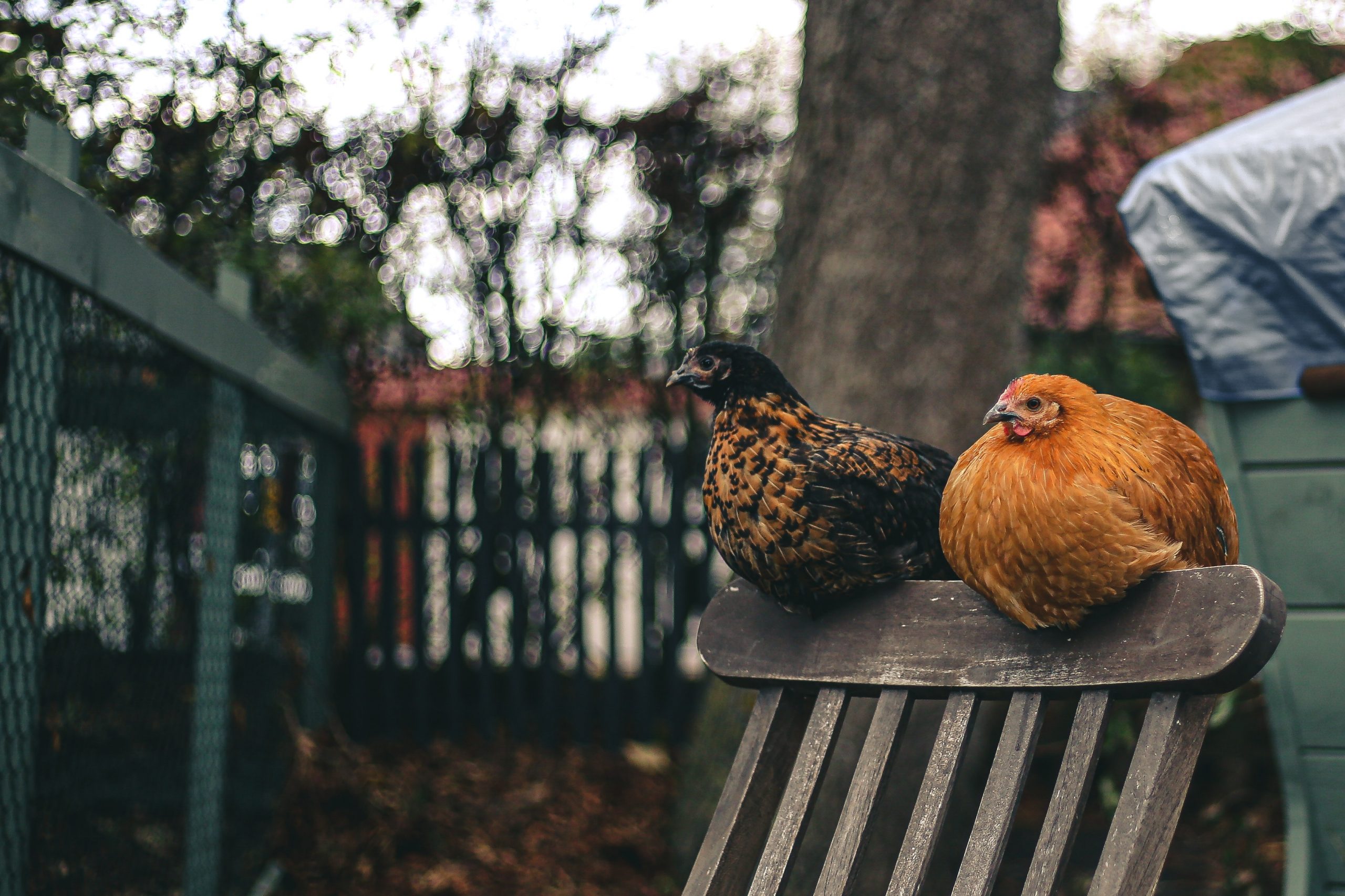Biochar and energy from pyrolysis can pave the way for carbon-neutral agriculture in China
Agriculture accounts for a large share of global greenhouse gas emissions, and the path to carbon neutrality is not straightforward. Researchers from Land-CRAFT – Center for Landscape Research in Sustainable Agricultural Futures at Aarhus University and others have, through a comprehensive life cycle analysis of data from China, identified an integrated biomass pyrolysis and electricity generation system coupled with commonly applied methane and nitrogen mitigation measures that, together with the right management of agricultural land, can significantly reduce greenhouse gas emissions from Chinese staple crops.
High winds can worsen pathogen spread at outdoor chicken farms
Farmers who keep their chickens outdoors may want to watch the weather. A study of chicken farms in the West found that high winds increased the prevalence of Campylobacter in outdoor flocks, a bacterial pathogen in poultry that is the largest single cause of foodborne illness in the U.S.
Researchers found that about 26% of individual chickens had the pathogen at the “open environment” farms in the study, which included organic and free-range chicken farms. High winds the week prior to sampling and the farms’ location in more intensive agricultural settings were linked to a greater prevalence of Campylobacter.
Wheat’s ancient roots of viral resistance uncovered
The DNA sequence of a gene in wheat responsible for resisting a devastating virus has been discovered, providing vital clues for managing more resistant crops and maintaining a healthy food supply. Wheat crops across the Americas, Asia, Europe, and Africa are frequently ravaged by Wheat Yellow Mosaic Virus (WYMV), so there is high demand for wheat varieties or cultivars that can resist this virus.
Study lead researcher University of Melbourne Dr Mohammad Pourkheirandish said: “This discovery could assist with the development of more resistant wheat cultivars, increase crop yields, and reduce the use of harmful fungicides. It also emphasises the need to preserve biodiversity to protect food supplies.”

